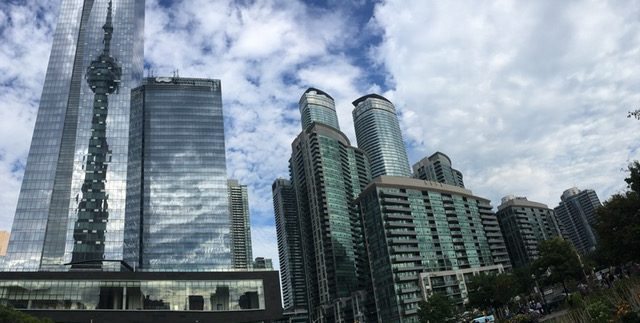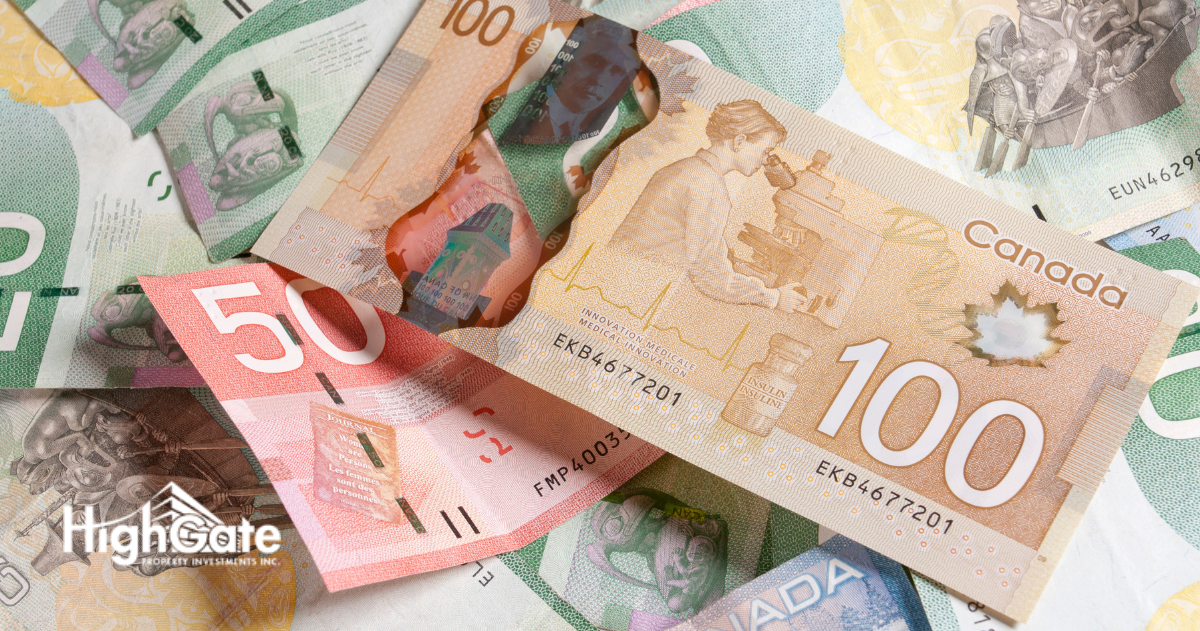The Ontario government recently introduced the Fair Housing Plan, which includes sweeping legislation for the real estate market – most of which will have an impact on landlords in Ontario. One of the measures was the Non-Resident Speculation Tax (NRST) of 15%, which is meant to curb speculation by foreign investors in southern Ontario.
The brass tax of the NRST
The NRST has been in force since April 21, 2017. It imposes a 15% tax on real estate purchases of any property that would be considered a single-family residence that is purchased by a foreign national, entity or corporation. The full text of the NRST is available here.
Refugees and immigrants are not subject to the NRST. Additionally, a rebate program is available for foreign nationals who obtain Canadian citizenship – they can receive a rebate of the tax if they become a citizen within four years. Students enrolled in a Canadian institution for at least two years are also exempt from the NRST. A foreign national student would only receive the rebate after two years of full-time attendance at a Canadian university or college.
The NRST’s geographic scope expands well beyond Toronto and the GTA. It includes the following municipalities:
- Brant
- Dufferin
- Durham
- Haldimand
- Halton
- Hamilton
- Kawartha Lakes
- Niagara
- Northumberland
- Peel
- Peterborough
- Simcoe
- Toronto
- Waterloo
- Wellington
- York
Vancouver foreign buyer’s tax sparks GTA’s NRST
After a foreign buyer’s tax of 15% was levied to cool housing prices in Vancouver, there was evidence that firms marketing Canadian real estate shifted their focus to Toronto. However, the Toronto Real Estate Board surveyed Toronto area Realtors and found that only around 5% of real estate transactions conducted in 2016 were from foreign buyers.
Around a quarter of those purchases were rental investments, with the rest being purchases of homes for the individual or a family member. The percentage of foreign buyers was much higher in Vancouver – it was just above 15% before the B.C. government introduced its foreign buyer’s tax in 2016. It subsequently dropped to about 4% as of December 2016 – only a percentage point below the TREB’s estimated percentage of foreign buyers in Toronto and the GTA.
The Ontario government first showed a distaste for introducing a similar tax in 2016, preferring to let market forces prevail. However, winds changed as the public became increasingly concerned with skyrocketing housing and rental costs in Toronto and the GTA and the Fair Housing Plan was introduced in April 2016 with the NRST as a prominent plank in the Plan.
Various Reactions to the NRST
The Toronto Real Estate Board didn’t have anything specific to say about the NRST in its statement reacting to the Fair Housing Plan, but did say that more empirical data is required before policy decisions are made. We didn’t really know the numbers of foreign nationals that were buying into the Toronto and GTA markets prior to the enactment of the Fair Housing Act; that data will be available to the government once the Plan has been in force for a few months.
Tim Hudak, CEO of the Ontario Real Estate Association, had this to say about the NRST. “The main culprit behind rapidly rising house prices is the GTA’s unbalanced market – housing supply cannot meet demand – not foreign buyers.”
TD Economist Beata Caranci argues in favour of the tax, stating that it has worked well in international jurisdictions such as Hong Kong, Singapore and Melbourne to cool housing markets but not to slow them down. However, she added in a joint statement with other TD economists that “Ultimately, it is unknown what degree of home sales are related to this speculative behavior.”
Will the NRST cool a hot housing market?
Tim Hudak’s argument for supply not meeting demand seems sound, but it remains to be seen how much of that demand was generated by foreign investors. Parsing it out further, how much of that demand is being generated by foreign investors speculating on the market? If 25% of homes purchased by foreign nationals in 2016 were rental property investments, that’s an income-generating venture which allows for more rental supply for tenants, not speculation.
Until the data comes in, we won’t have any numbers – and that is the TREB’s point. The B.C. government did it right by gathering data prior to enacting its legislation, and found that a high percentage of property purchases were coming from foreign buyers. The Ontario government has put the cart before the horse, and will no doubt reap the tax rewards of such a move, but it isn’t evidence-based policy decision making.
One thing is certain – the NRST is an effective tool to curb speculation for those who were looking to speculate in the Vancouver market and shifted gears to Toronto. However, the number of transactions which occurred because of that shift is unknown – we’ll know soon enough. In the meantime, bidding wars will continue in Toronto and the GTA, and the only change is that foreign buyers may not be parties to those wars.





